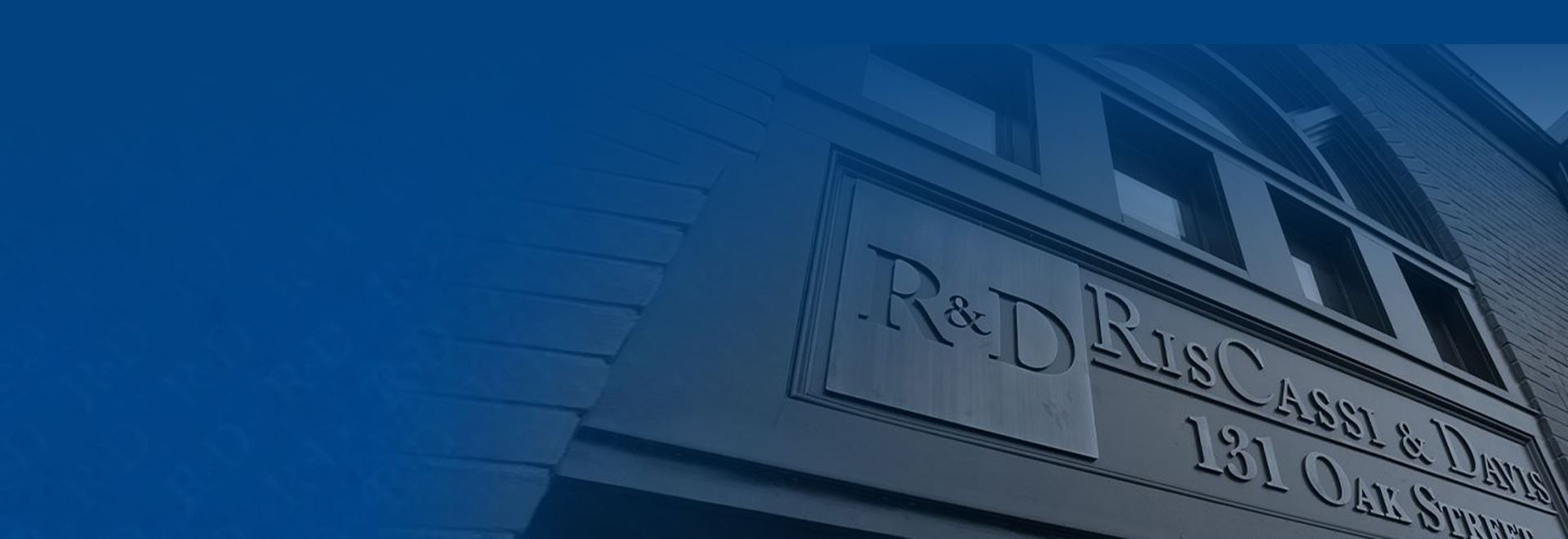Ok. You've been in a fender bender, and luckily there were no injuries. Should you file an at-fault claim with your insurance carrier?
Well, often the insured has no say in these decisions. If you are at fault and cause property damage, the other person will likely make a claim against you inasmuch as they don’t want to have to pay for the damage to their car or make a claim under their own collision coverage.
Why is that?
Most people have $500 or $1,000 deductibles so in filing a claim, not only would they incur the cost of the deductible but their premiums would rise.
Did you know that filing a single at-fault claim after a car accident can increase your premium costs significantly for a first claim and double them if you file a subsequent claim? Did you also know that the financial hit will be even more significant if you're young with either a bad driving record or a bad credit record?
Here is another sobering fact – accident claims typically stay on your driving record for a period of three years.
Troubling – right? If the damage is only to your vehicle and not to anyone else’s vehicle or property, you might consider just paying the costs on your own.
Do different claims result in different premium penalties? Yes…
If you are in a car accident that was not your fault – chances are good your carrier will not raise your rates. Here are some examples of other events that are not likely to result in a premium increase:
- Claims filed for theft or storm damage (including hail) often go without much of a penalty.
- Your vehicle was legally parked when it was damaged.
- A collision with an animal caused the damage.
- You were rear-ended, and the collision was not your fault. In this situation you are best to make the claim against the other driver’s insurance company.
- Falling debris caused the accident/damage.
Here is the car insurance each of us must by law carry in Connecticut. A failure to have the minimum levels of insurance can result in fines and registration suspensions.
Liability car insurance at the following minimum limits:
• $25,000 for bodily injury per person per car accident.
• $50,000 for bodily injury, total per car accident.
• $25,000 for property damage per car accident.
Uninsured/underinsured motorist coverage must have the minimum coverage amounts of:
• $25,000 per person.
• $50,000 total per accident.
Uninsured/underinsured motorist coverage is essential to help with your medical bills after an accident caused by either:
• An uninsured driver OR a driver who does not have adequate insurance coverage to pay your medical bills.
Uninsured and underinsured motorist coverage is required by law in Connecticut on all automobile liability policies. This coverage protects you and your family against the risk of being harmed by a driver with no insurance or inadequate insurance. This coverage is typically reasonably priced. You should talk with your insurance advisor or a lawyer experienced in this field about the amount and type of coverage that is right for you. You should purchase as much of this type of coverage as you can afford. One of our attorneys, Michael Jainchill, actually "wrote the book" on this coverage in Connecticut – it's called: Connecticut Uninsured and Underinsured Motorist Coverage: A Guide.
If you or a loved one are ever in a car accident in Connecticut, know that the Connecticut car accident lawyers at RisCassi & Davis have been assisting people like you who've been injured in these accidents for over 60 years. And we have received both state and national recognition for our work in this area. If you are ever injured in an accident of any kind and would like a free consultation with one of our Connecticut injury lawyers, please contact us. There is no obligation.

